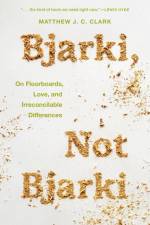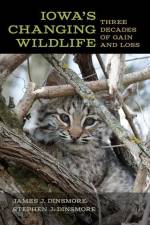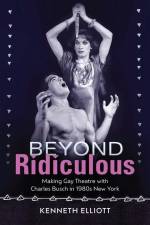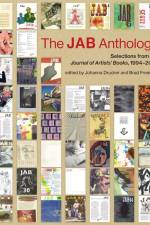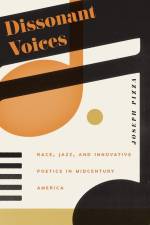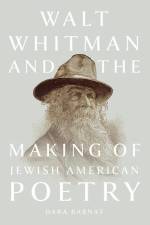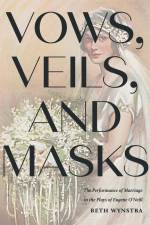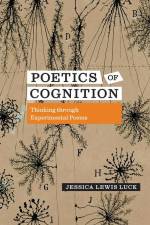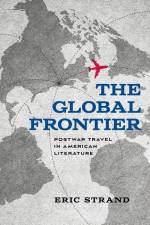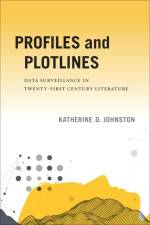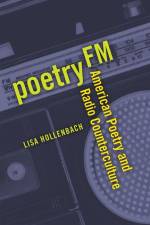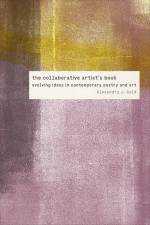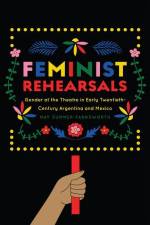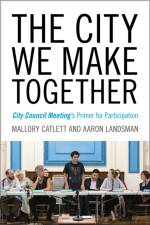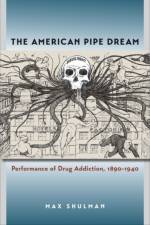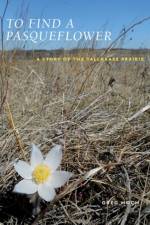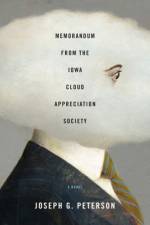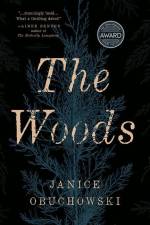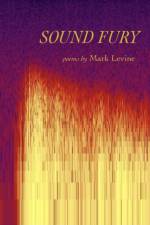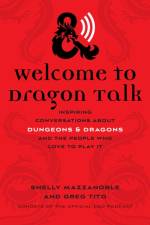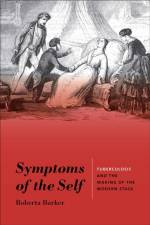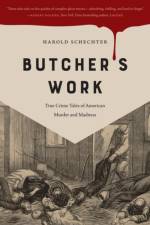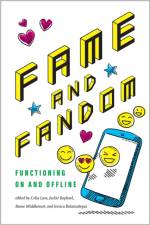av Joseph Pizza
1 051
"Dissonant Voices: Race, Jazz, and Innovative Poetics in Midcentury America explores the braiding together of racial politics, popular music, and avant-garde poetics in post-war American culture. Ranging from roughly the late-1940s to the early 1970s, this study examines the development of open field poetics, alternately termed projective verse, after Charles Olson's influential essay of the same name. In doing so, it traces projective verse from its creation amidst the crucible of racial integration at Black Mountain College, to its development through a series of interracial friendships explored among writers involved in the Boston, San Francisco, and downtown New York scenes, to its reimagining by African American poets working in Harlem, Los Angeles, and beyond as part of the Black Arts Movement. Because the histories of integration, jazz, and postwar poetics have been studied too often as the subjects of disparate narratives and separate disciplines, this arc of their shared development has also been largely obscured. To remedy this, the present study takes an interdisciplinary approach, with insights from contemporary histories, performance studies, sound studies, critical race theory, and literary criticism informing the mix of literary analysis, musicology, and historical detail that comprises each chapter. Accordingly, the book argues for an integrated approach to the New American Poetry and the Black Arts Movement, one that situates the midcentury poetics of breath and performance in the context of the Civil Rights-era politics and jazz music that informed it. Moreover, it also unearths significant and little understood connections between Black Mountain, the Beats, the Boston Renaissance, the New York scene, and the Black Arts Movement, expanding, thereby, our understandings of each, and, in a more general sense, of contemporary American poetry, politics, and music in the process"--

